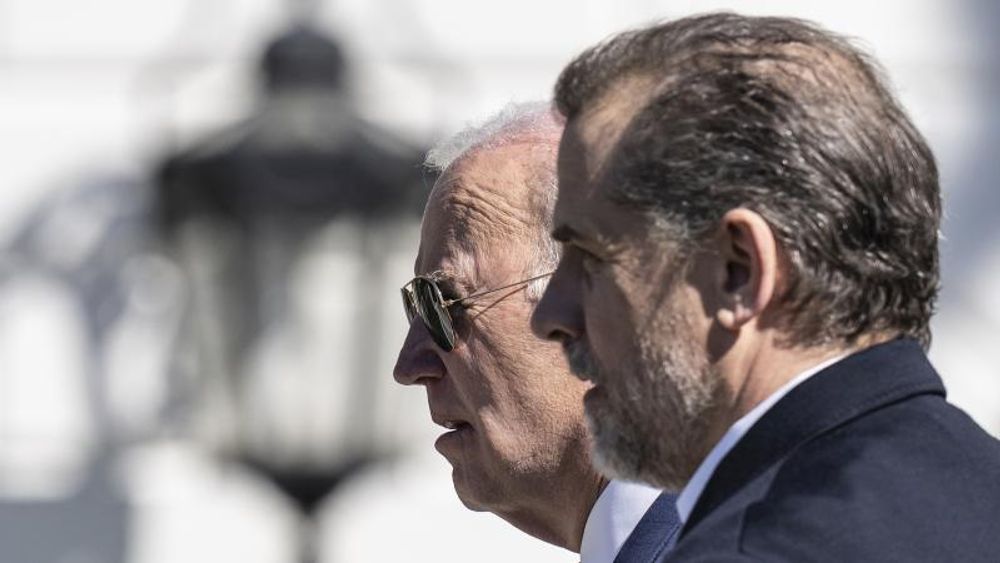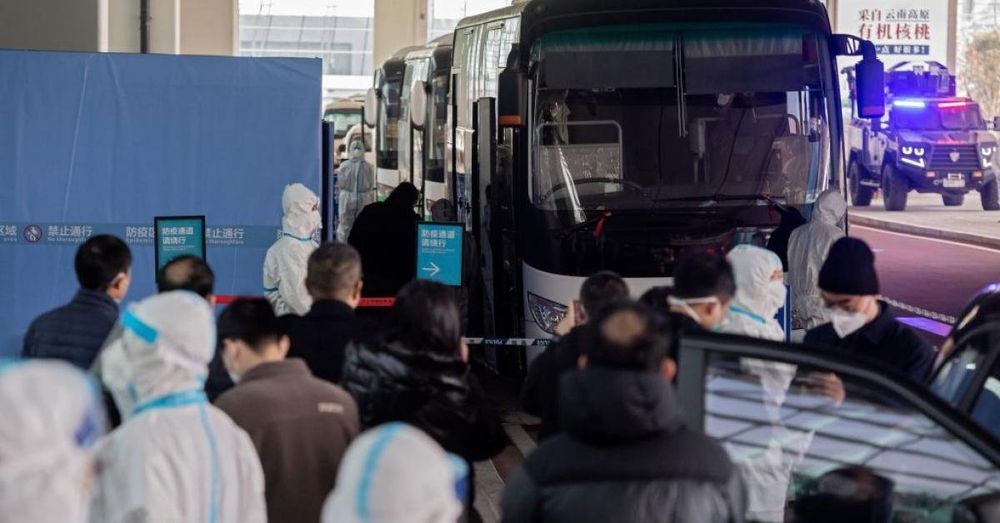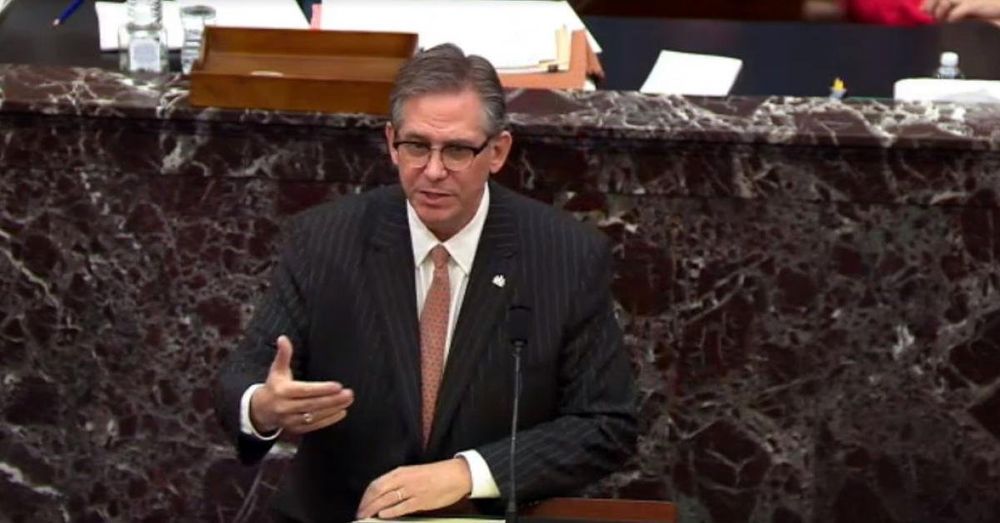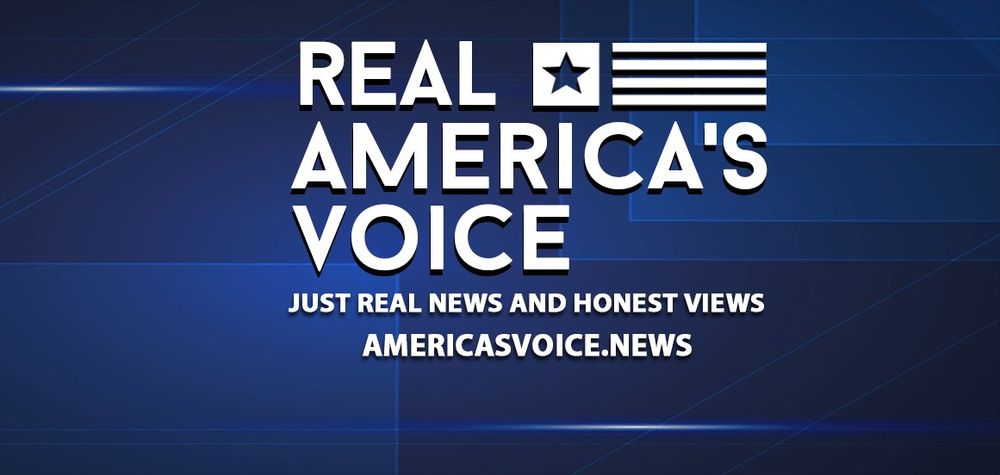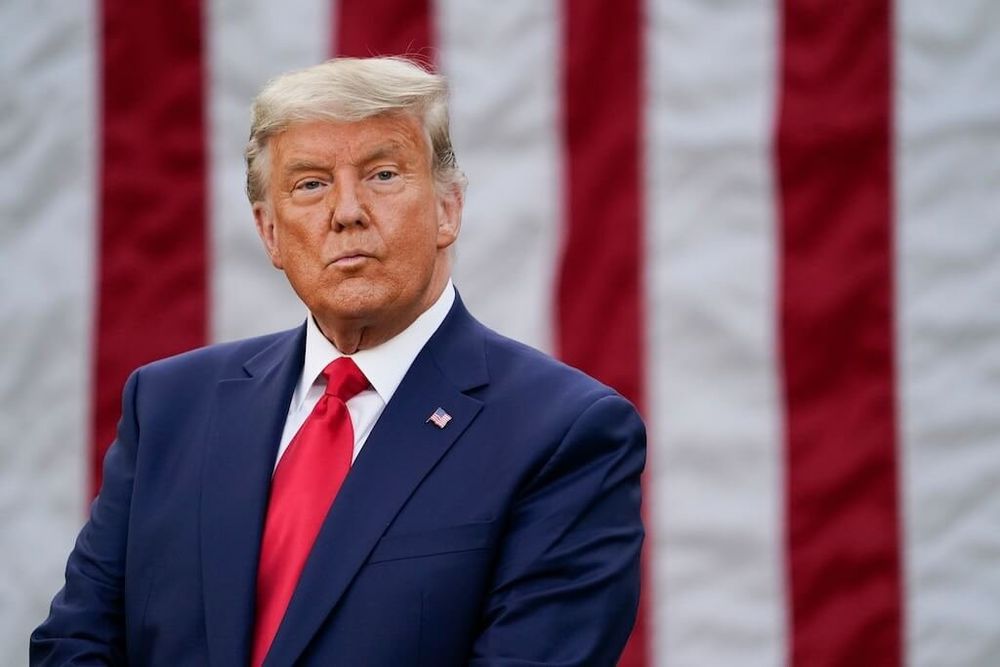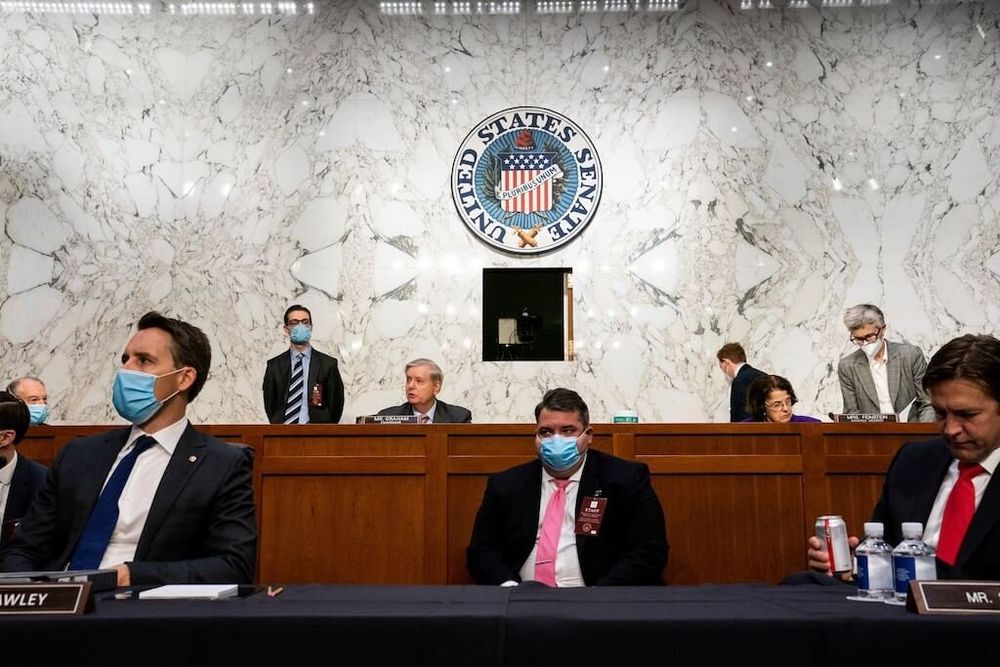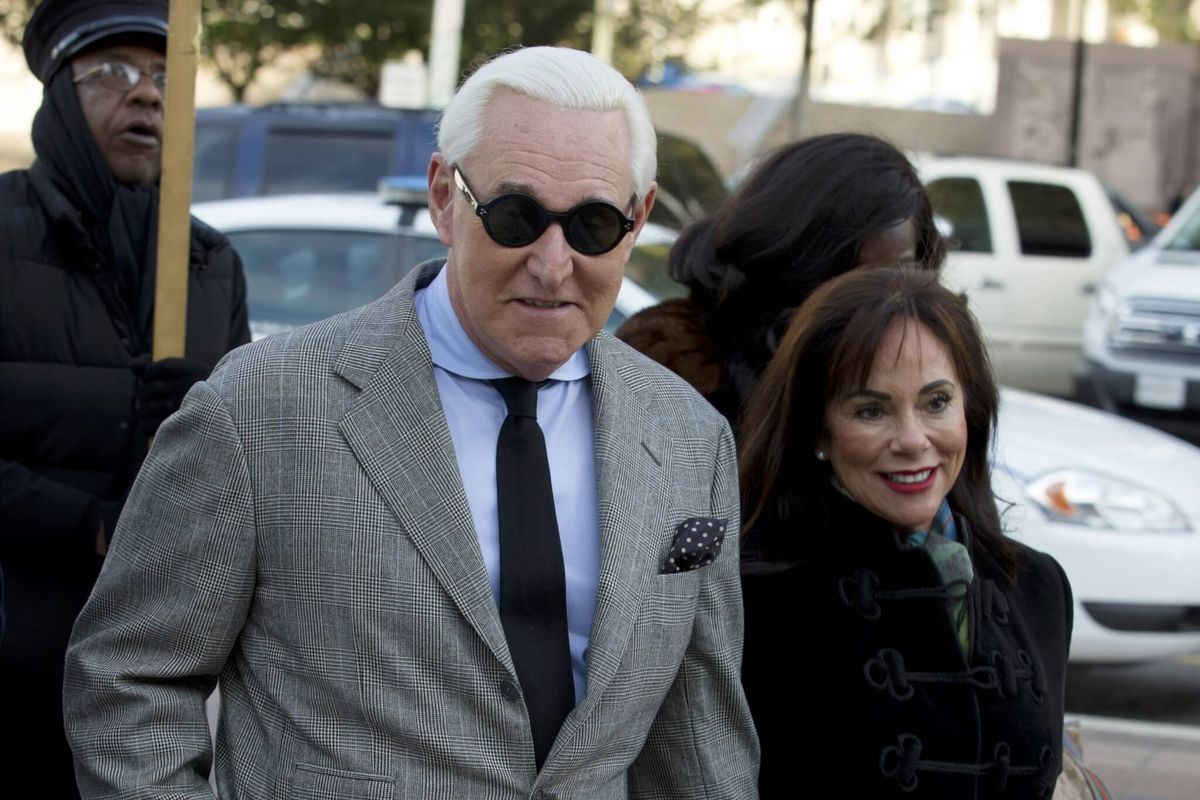
Jury in Trial of Trump Adviser Stone Ends First Day of Deliberations Without Verdict
Updated 7:14 p.m., Nov. 14, 2019
The jury in the criminal trial of U.S. President Donald Trump's adviser Roger Stone ended its first day of deliberations on Thursday without reaching a verdict on whether he lied to Congress about his efforts to learn more about when WikiLeaks would publish damaging emails about 2016 Democratic presidential candidate Hillary Clinton.
The jury in federal court in Washington asked the judge two questions related to evidence and wording in one of the criminal counts against longtime Republican political strategist and self-confessed "dirty-trickster" Stone. The jury is set to resume deliberations Friday.
Stone, 67, has pleaded not guilty to seven counts of obstruction, witness tampering and making false statements in testimony during the House of Representatives Intelligence Committee's investigation into Russian interference in the 2016 U.S. elections.
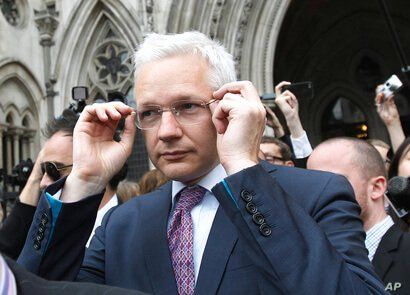
Witness tampering carries a maximum sentence of 20 years in prison. The other counts carry a maximum sentence of five years each. If Stone is convicted, under U.S. sentencing guidelines he would likely face much less jail time as a first-time non-violent offender.
Prosecutors accused Stone of telling lawmakers five different lies related to the WikiLeaks website and its founder Julian Assange. WikiLeaks released a series of damaging emails about Clinton, Trump's Democratic rival in the presidential election, that U.S. intelligence officials and Special Counsel Robert Mueller later concluded had been stolen by Russian hackers.
Some of those lies relate to the existence of certain texts or emails, while others pertain to Stone's conversations with Trump campaign officials and a supposed "intermediary" with WikiLeaks in early August 2016.
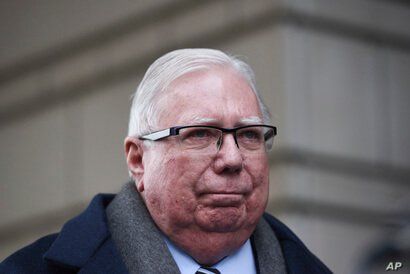
In his Sept. 26, 2017, testimony Stone told the committee his intermediary was a journalist and he did not wish to out his source without permission. Then in an Oct. 13 letter to the panel, Stone identified Randy Credico, a radio host and comedian, as being his intermediary in early August 2016.
Prosecutors say Credico was not actually talking to Stone about WikiLeaks during that time, and in fact Stone's true source was conservative author Jerome Corsi, whom Stone had previously dispatched in an email to "get to Assange!"
The jury of nine women and three men includes an Internal Revenue Service civil tax attorney, an employee of the AARP and a former congressional candidate.
In closing arguments on Wednesday, prosecutors told jurors that Stone lied to Congress in order to protect Trump's image.
Stone's lawyers counter that such a motive makes no sense, because by the time Stone testified to the House Intelligence Committee in September 2017, Trump was already president.
Jury questions
On Thursday afternoon, the jury sent the judge a note asking whether the Oct. 13 letter identifying Credico as his intermediary can be considered "testimony" to Congress.
Judge Amy Berman Jackson, in discussing the question with prosecutors and defense lawyers, said the jury seemed confused because the obstruction charge against Stone covers a broader array of alleged misdeeds, including testimony he gave and letters he submitted to Congress.
However, the five false statement counts against Stone only refer to the testimony Stone gave on Sept. 26, 2017, and not to subsequent communications with Congress.
Jackson ultimately sided with Stone's defense by sending back a simple answer: "No."
The letter is not considered to be "testimony."
The jury also sought clarification on count three of the indictment by asking whether Stone was being charged with lying to Congress about having one intermediary, or if he was being charged for lying about the identity of the intermediary whom he named as Credico.
Jackson re-read the jury the precise language of the charge but declined to go beyond that.
 Expect 10 Candidates on Stage at Next Week’s Democratic Presidential DebateNext PostAdam Schiff Will Be Immortalized But Not Like He Wanted
Expect 10 Candidates on Stage at Next Week’s Democratic Presidential DebateNext PostAdam Schiff Will Be Immortalized But Not Like He Wanted
